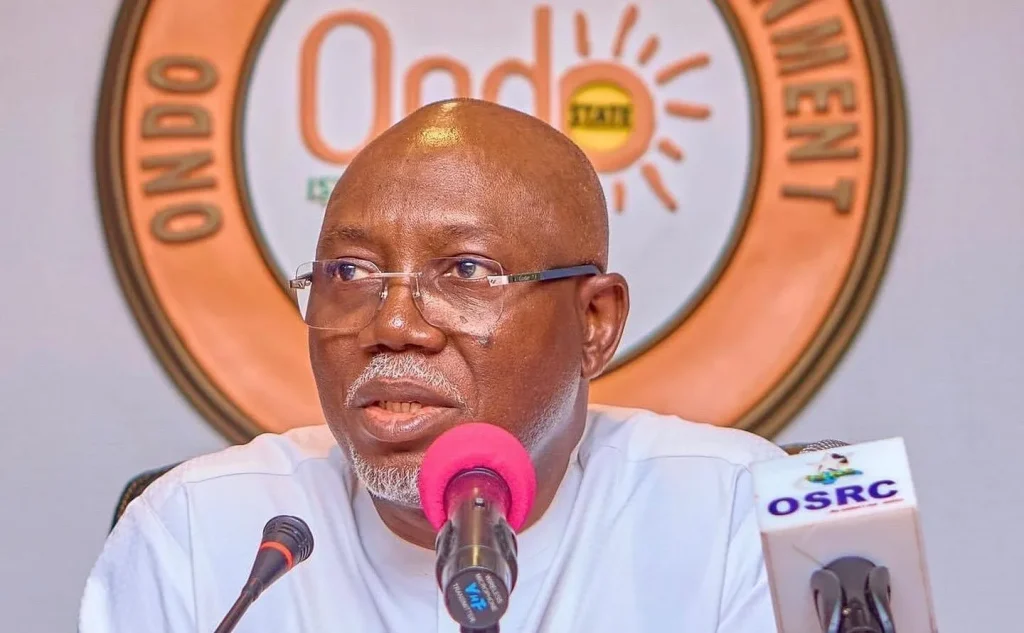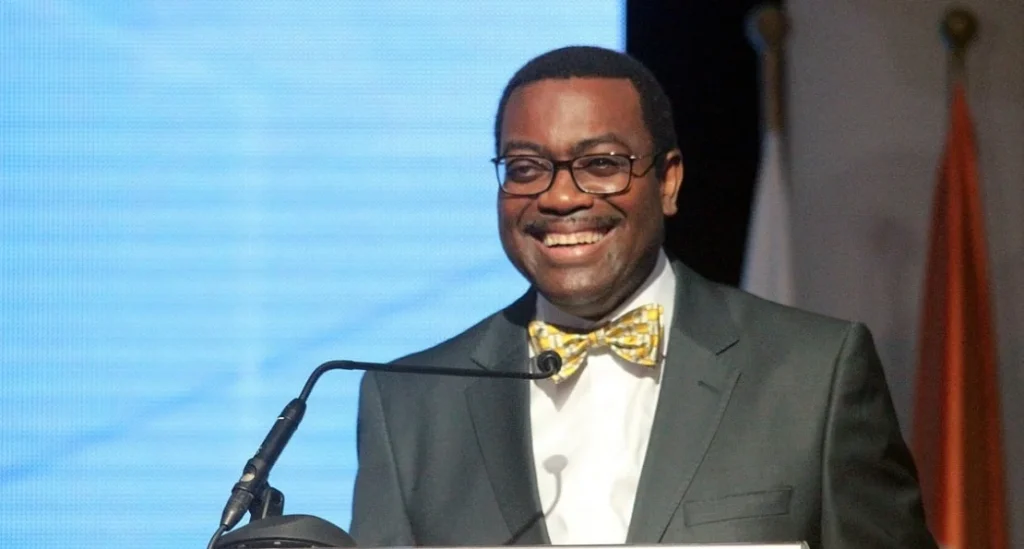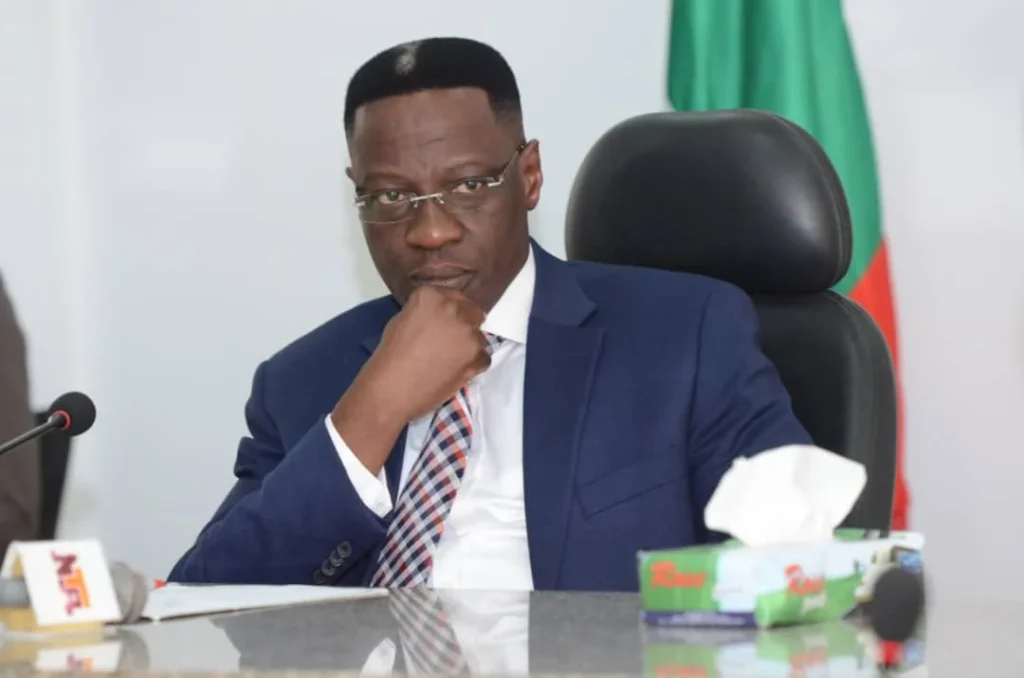Job seekers with disabilities possess valuable skills that employers in Nigeria are looking for, particularly in the wake of the COVID-19 pandemic. According to the Labour Market Assessment 2021 report by Inclusive Futures, businesses are seeking individuals with expertise in distanced working, digital skills, and emotional intelligence ¹. However, despite having these skills, people with disabilities feel that they are still being discriminated against by employers.
This disparity is evident despite progress made in Nigeria, such as the enactment of the Discrimination Against People with Disability (Prohibition) Act in January, which requires companies to reserve 5% of their workforce for people with disabilities ¹. Unfortunately, leaders of organizations representing people with disabilities feel that this law is not well-known or enforced.
Dr. Sunday Isiyaku, Country Director for Sightsavers in Nigeria, notes that businesses are adapting to the new normal of distanced working, requiring digital skills and prioritizing soft skills like empathy and resilience ¹. However, job seekers with disabilities face significant barriers, with unemployment rates ranging from 50% to 90% in developing countries ².
To address this issue, organizations like Unilever are driving internal inclusive behaviors and deploying persons with disabilities across their West Africa markets ¹. Inclusive Futures, a UK aid-funded program, brings together global leaders and specialists to deliver innovations for people with disabilities in education, healthcare, and livelihoods ¹.
Key Skills Sought by Employers:
– _Distanced Working_: ability to work remotely and adapt to new norms
– _Digital Skills_: proficiency in technology and digital tools
– _Emotional Intelligence_: empathy, resilience, and soft skills
Challenges Faced by Job Seekers with Disabilities:
– _Discrimination_: conscious and unconscious bias in hiring practices
– _Lack of Awareness_: limited knowledge of disability laws and regulations
– _Unemployment_: high rates of joblessness among people with disabilities
By recognizing the value of diversity and inclusion, businesses can tap into the skills and talents of people with disabilities, ultimately benefiting their organizations and contributing to a more equitable society.













